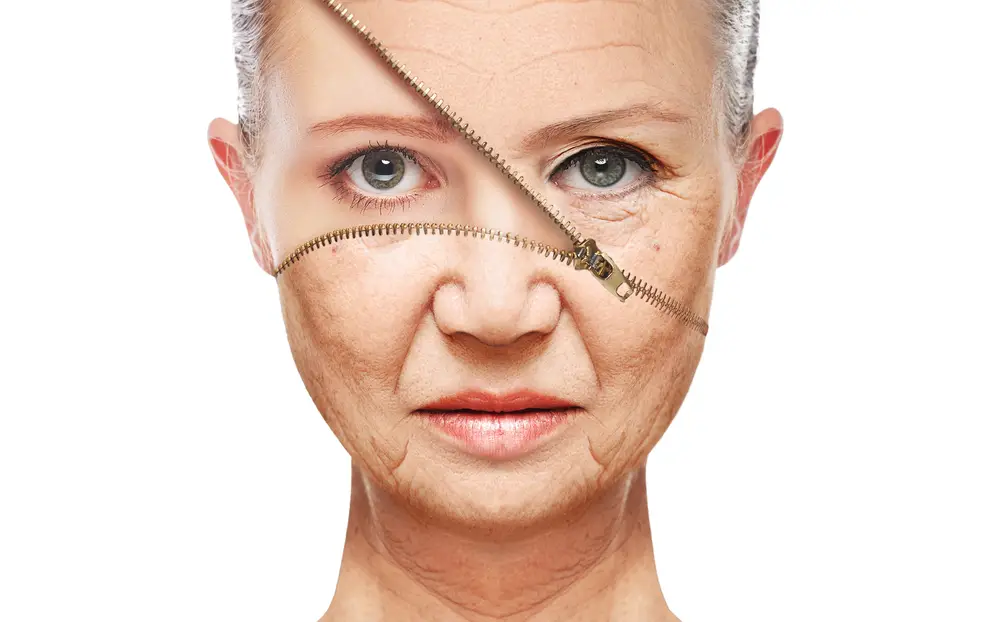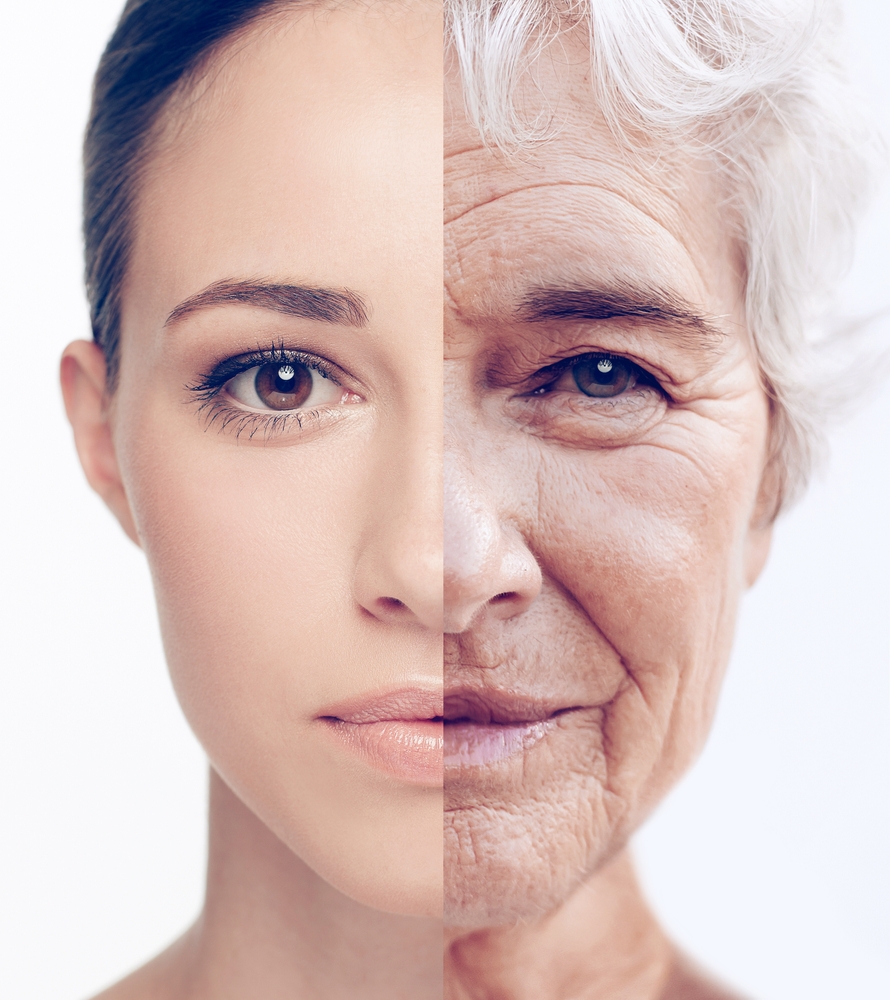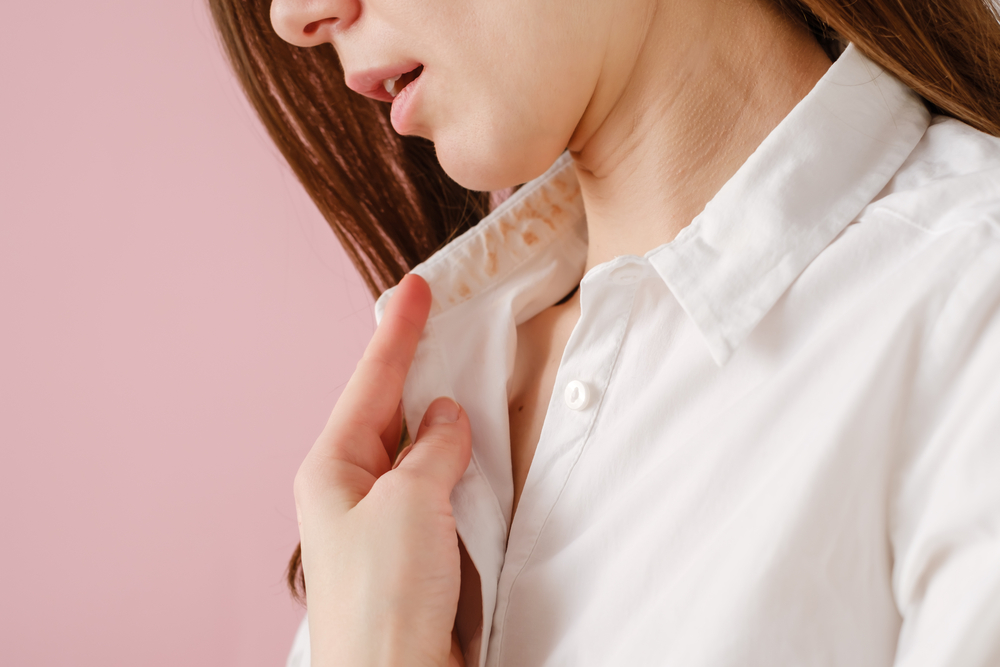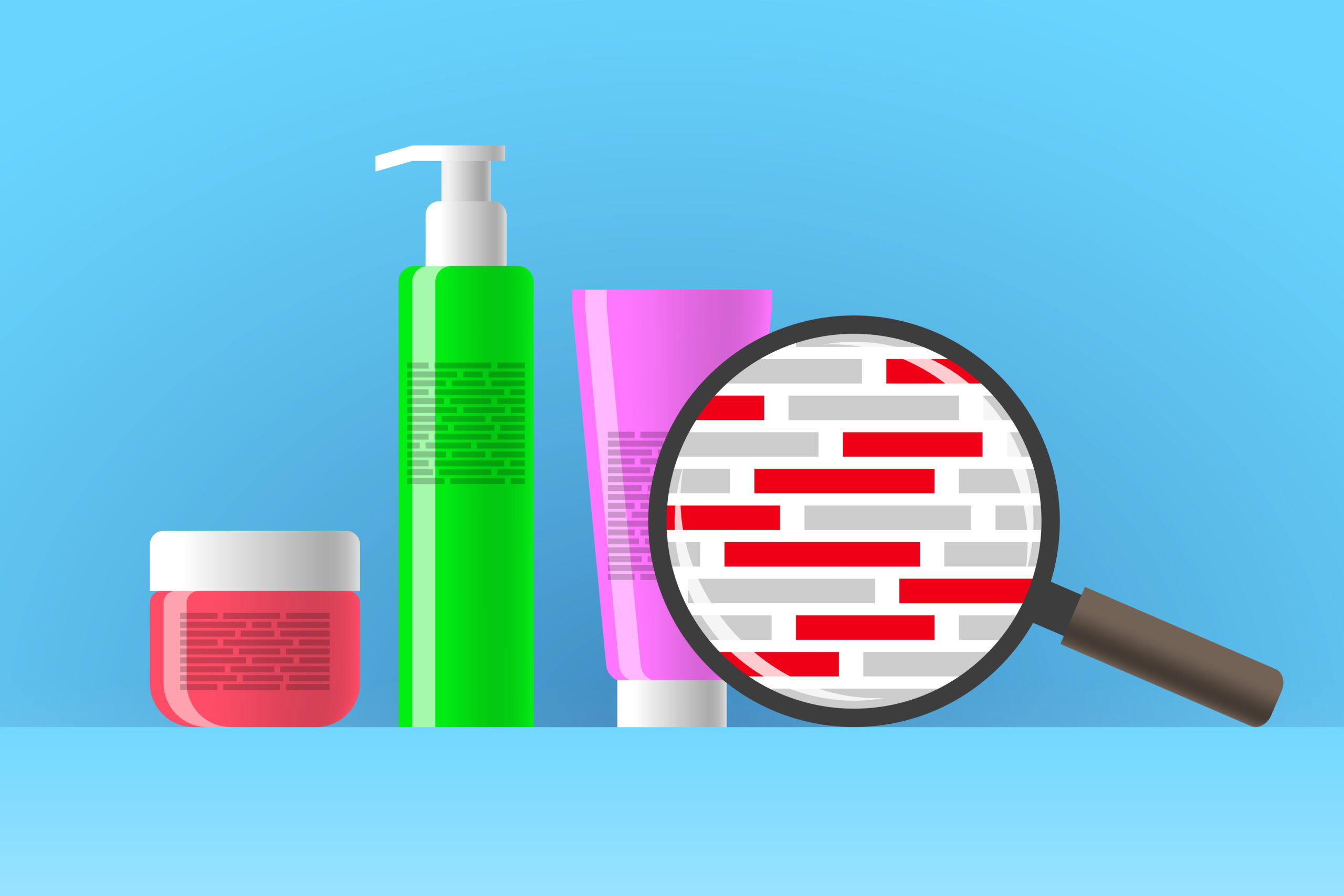Dealing with acne-prone skin requires a thoughtful approach to skincare, diet, and lifestyle. Reviewing your daily habits and making some shifts can help you avoid common pitfalls, manage breakouts, and achieve clearer skin. Here are 15 essential tips for taking care of acne-prone skin.
1. Use Non-Comedogenic Makeup
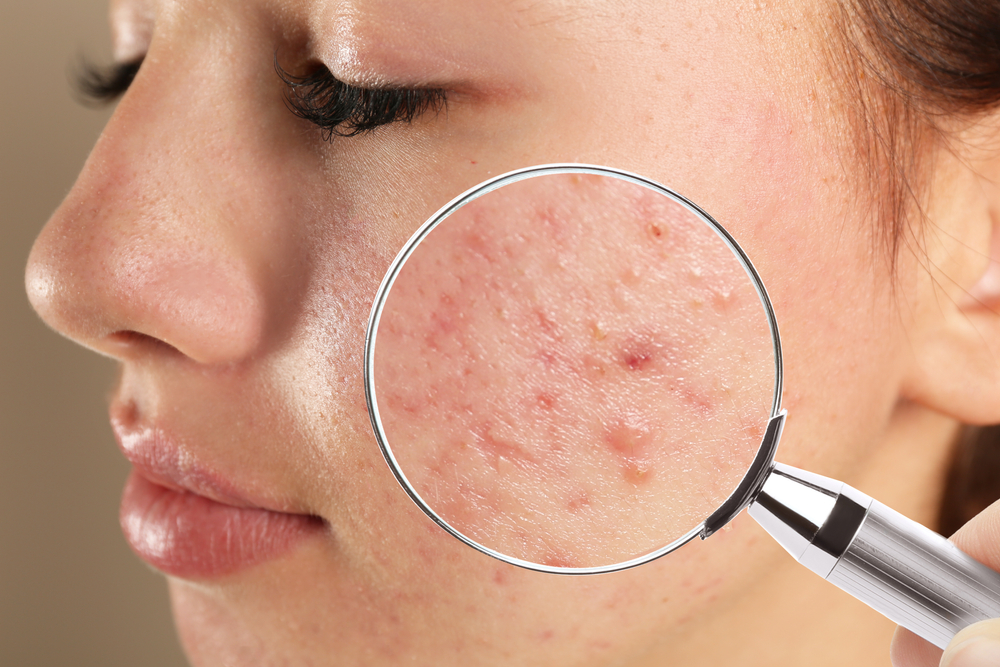
Comedogenic ingredients such as coconut oil, lanolin, and certain types of silicones can cause acne and breakouts. Opt for non-comedogenic products that won’t clog your pores when choosing makeup. These formulas are designed to reduce the risk of breakouts, allowing you to wear makeup without aggravating your acne.
2. Cleanse Twice Daily
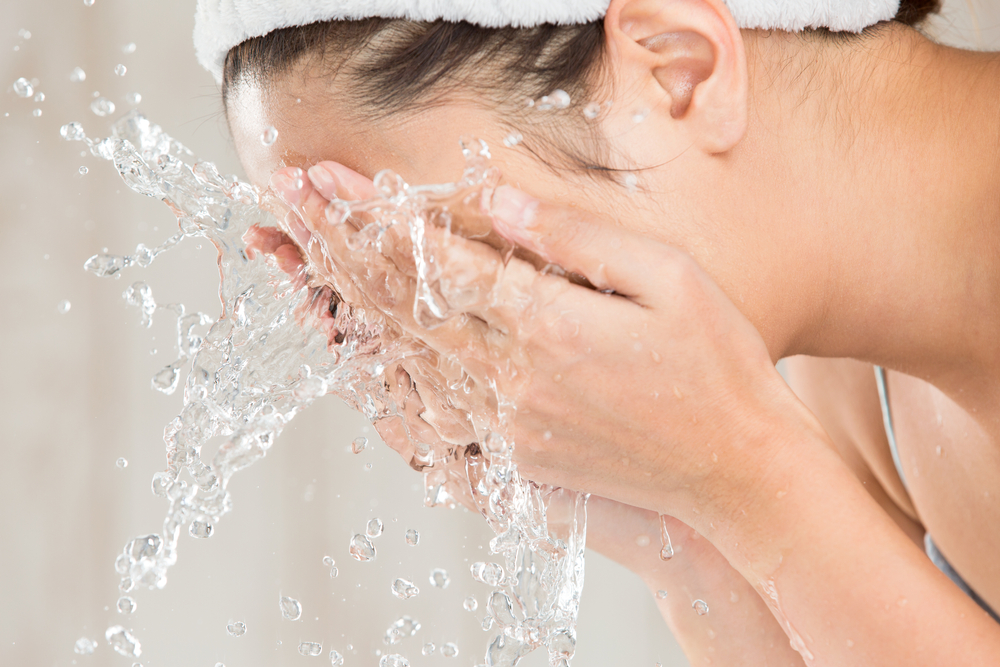
Washing your face twice a day is crucial for acne-prone skin. Use a gentle foaming cleanser that effectively removes dirt, oil, and makeup without stripping your skin of its natural moisture. Overwashing can also irritate the skin, so stick to morning and night cleansing routines for healthy, acne-free skin.
3. Stop Touching Your Face
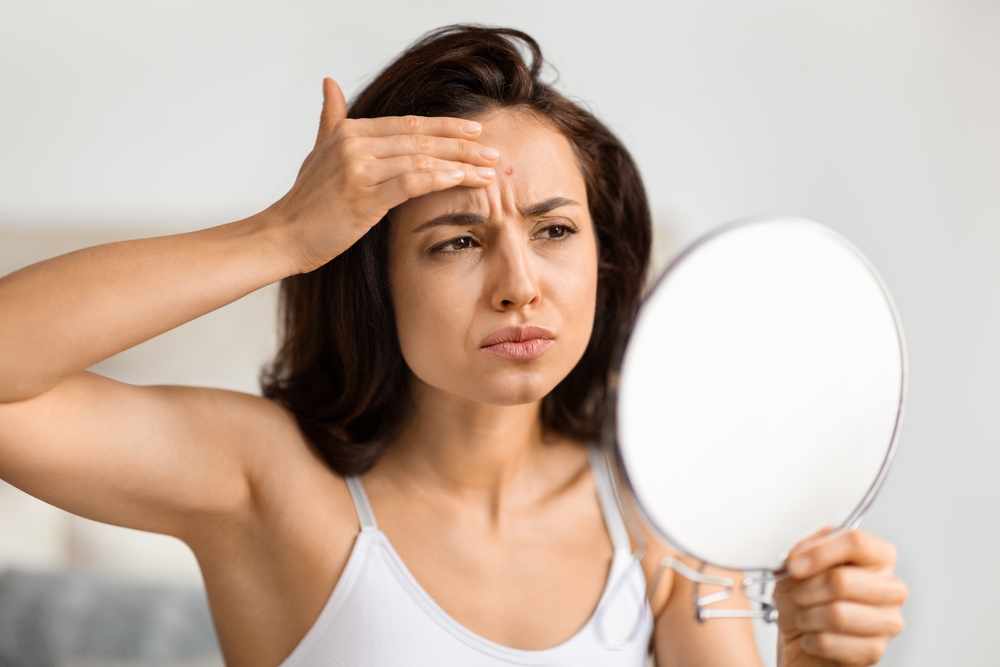
Though pimples can be itchy and irritable, you’ll only make it work by touching your face and picking at your acne. Your hands come into contact with countless bacteria throughout the day. Touching your face transfers these germs to your skin, increasing the likelihood of breakouts. Make a conscious effort to keep your hands away from your face.
4. Incorporate a Witch Hazel Toner
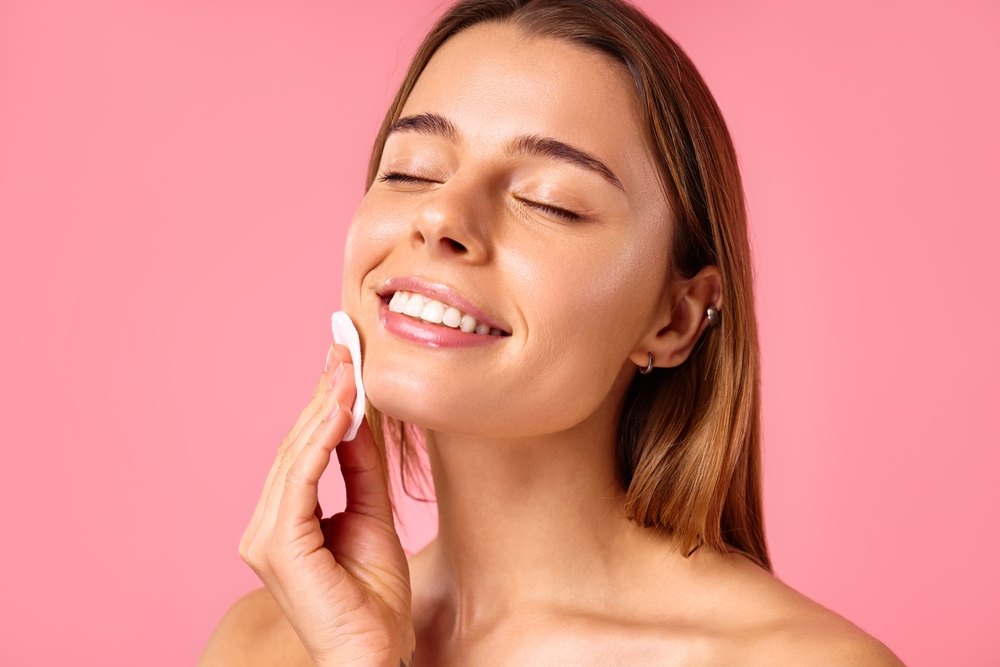
Witch hazel is a natural astringent that works wonders for those with cystic acne and breakout-prone skin. This natural ingredient can help reduce inflammation and tighten pores. Using a toner with witch hazel after cleansing can help keep your skin balanced and reduce the appearance of acne. It’s also a great way to treat excessively oily skin.
5. Stay Hydrated

You could be doing all the skincare in the world, but it’s mostly a waste if you aren’t staying hydrated. Drinking plenty of water is essential for maintaining healthy skin and keeping it hydrated. Hydration helps flush out toxins and keeps your skin from producing excess oil, which can lead to breakouts. Aim for at least eight glasses of water daily for a hydrated, acne-free complexion.
6. Exfoliate More Gently
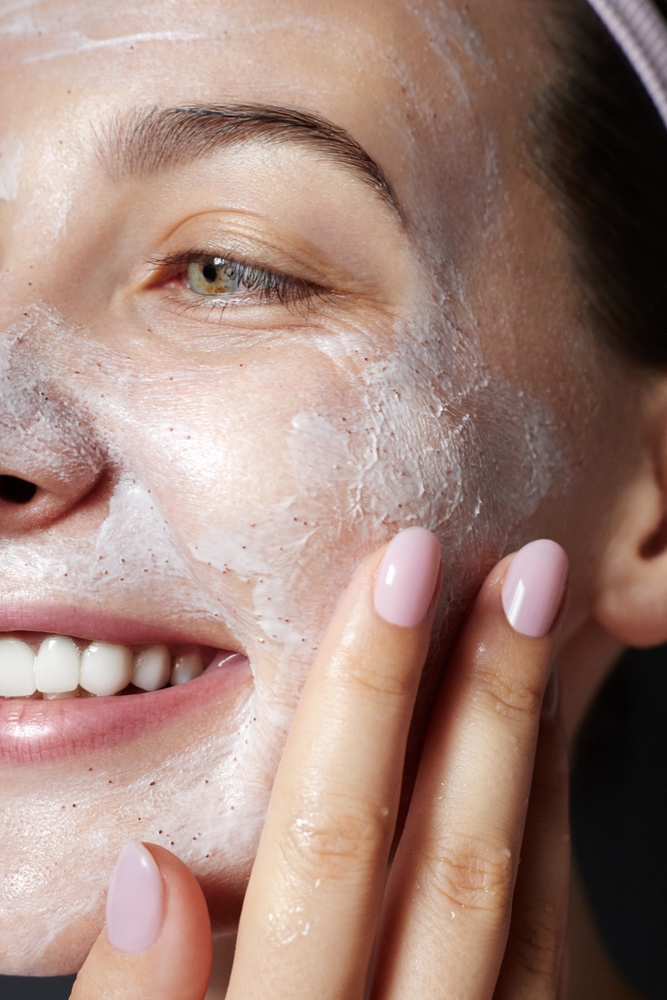
Exfoliation helps remove dead skin cells that can clog pores, but it’s important to be gentle. Over-exfoliating with harsh scrubs can irritate your skin and worsen acne. Use a mild exfoliant like salicylic acid once or twice weekly to keep your skin smooth and clear.
7. Watch Your Diet

Believe it or not, your diet significantly affects your skin’s health. Foods high in sugar and dairy can trigger breakouts in some people. Focus on a balanced diet rich in fruits, vegetables, and whole grains to support clear skin. Combining a good diet with a stringent skincare routine is a great way to protect the skin from persistent breakouts.
8. Moisturize Correctly
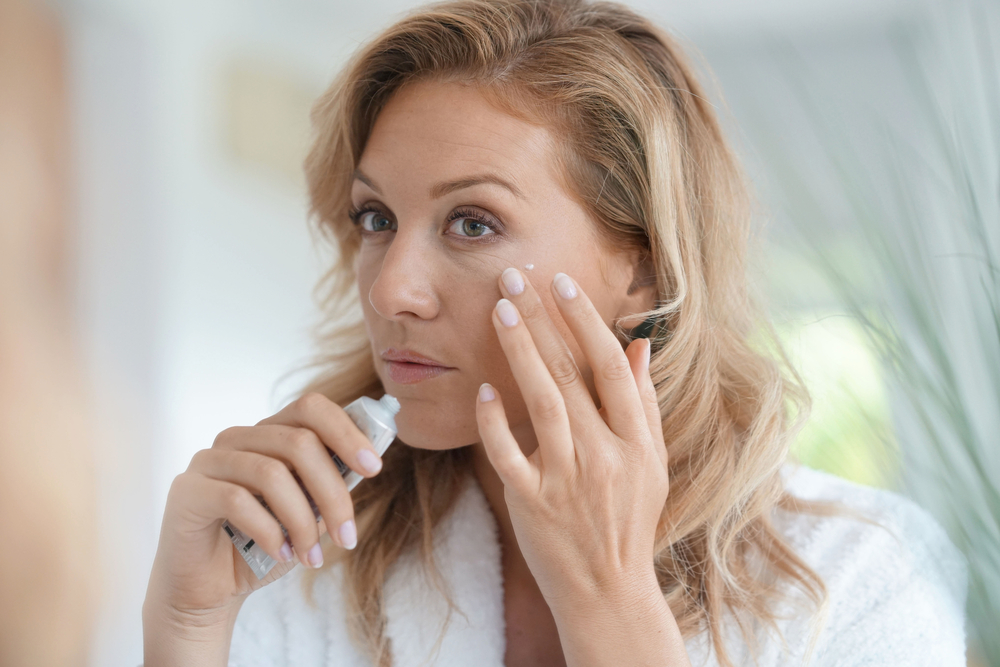
Even if you have oily skin, moisturizing is essential. You might think that moisturizing will cause even more oiliness, but the opposite is true. Skipping moisturizer can lead to dryness, causing your skin to produce more oil and potentially worsening acne. If you have oily, acne-prone skin, opt for a water-based moisturizer that won’t clog the pores but will still keep the skin hydrated.
9. Avoid Heavy, Oily Hair Products
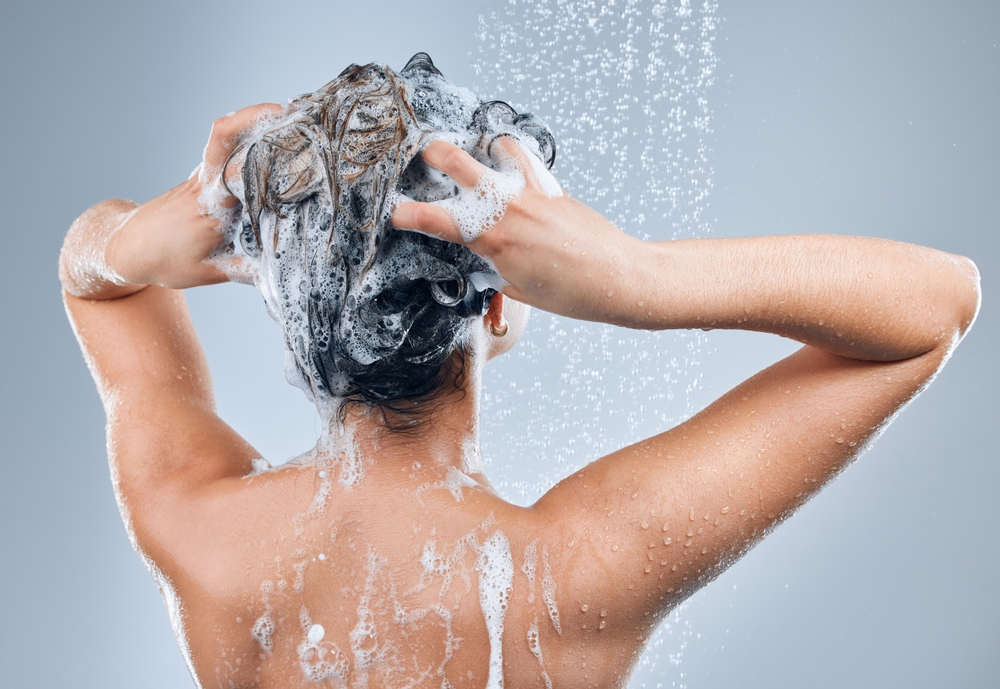
If you have acne-prone skin, avoid using heavy or oily hair products that can transfer to your face, especially around the hairline. This is especially true if the hair products contain silicones, which are comedogenic and can clog the pores. Opt for lightweight, non-comedogenic hair products to prevent breakouts.
10. Use a Salicylic Acid Treatment

Salicylic acid is a great way to treat acne. It’s a natural exfoliant that helps to unclog pores and reduce inflammation without harshly scrubbing the skin and potentially causing micro tears Incorporate a salicylic acid treatment into your routine to target breakouts and prevent future ones.
11. Change Your Pillowcase Frequently

You sleep on your pillowcase every night for hours upon hours. Because of this, your pillowcase can harbor bacteria, oil, and dead skin cells, which can transfer to your skin and cause breakouts. Make it a habit to change your pillowcase at least twice weekly to keep your skin clear.
12. Apply A Face Oil
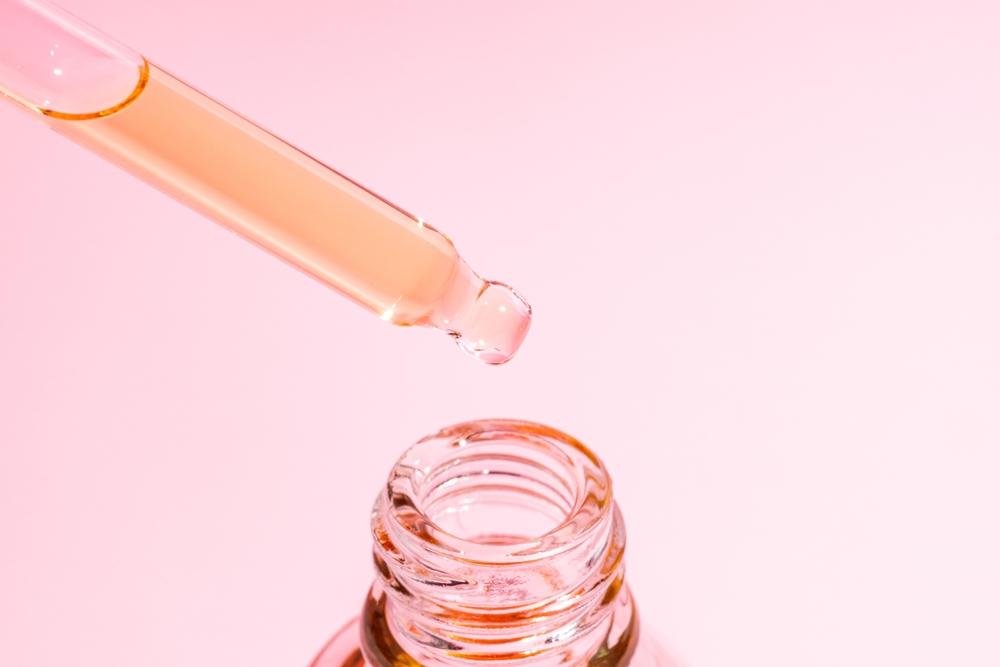
Applying face oil to acne-prone skin might feel counterintuitive, but the opposite is true. Face oils can slow down the skin’s sebum production, boost hydration, and repair the skin barrier – all of which are contributing factors to persistent breakouts.
13. Use Sunscreen Daily
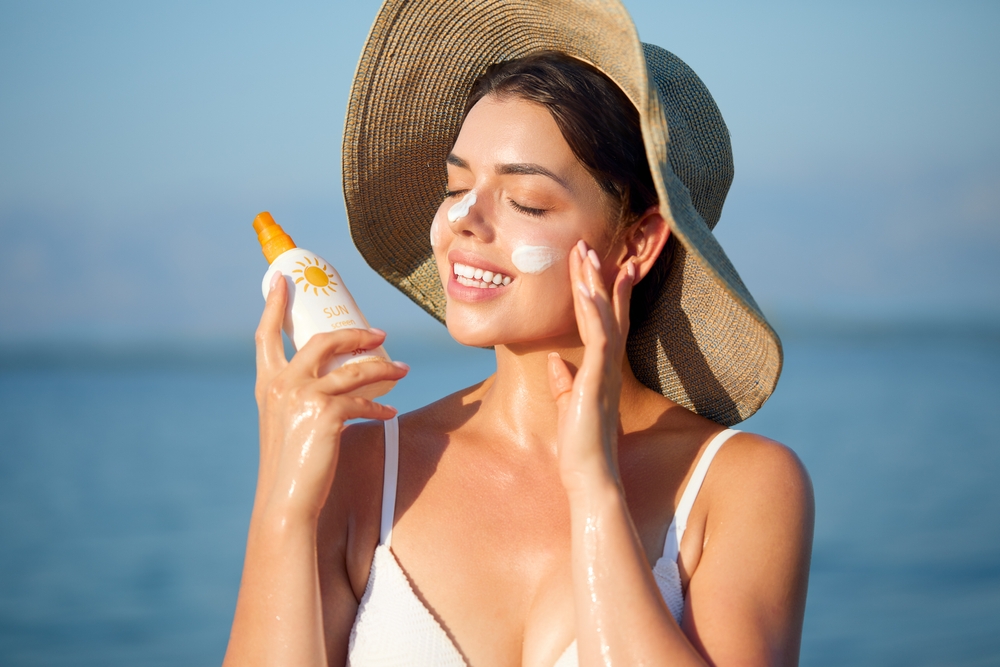
Sun exposure can worsen acne and lead to hyperpigmentation. Choose a non-comedogenic sunscreen with SPF 30 or higher to protect your skin without clogging pores. Most importantly, make sure you’re applying sunscreen every single time you leave the house, whether it’s rain, hail, or shine.
14. Get Enough Sleep
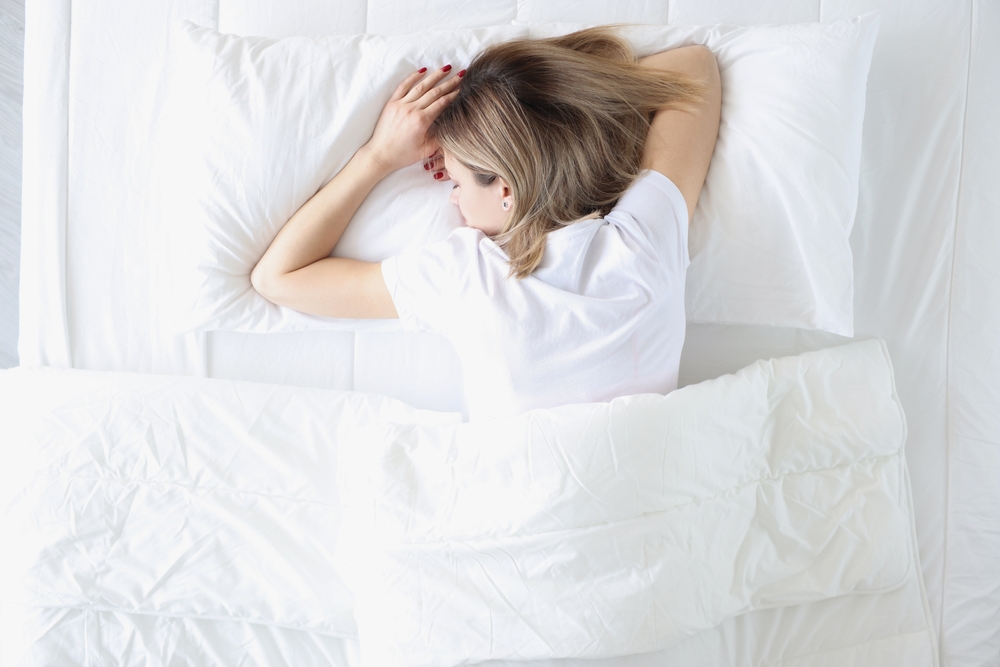
Sleep is crucial for skin health. Not only can it make us look puffy and dull, but a lack of sleep can also increase stress levels and inflammation, leading to breakouts. Aim for 7-9 hours of quality sleep each night to allow your skin to repair and rejuvenate to avoid breakouts.
15. Avoid Harsh Ingredients
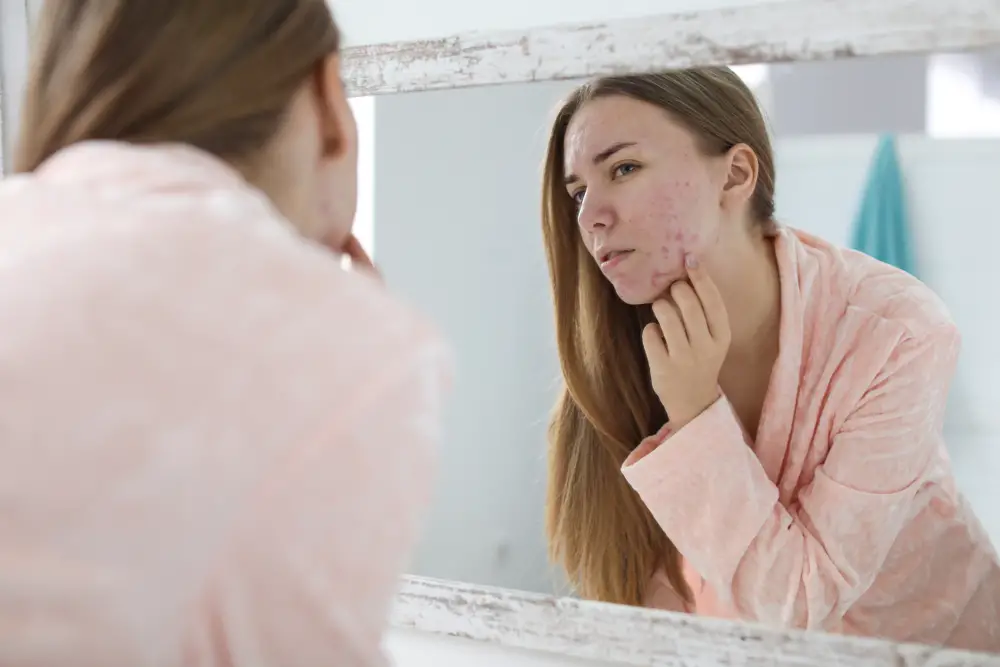
Steer clear of skincare products with harsh ingredients like alcohol and sulfates, which can irritate the skin and exacerbate acne. Not only can it irritate sensitive, acne-prone skin, but harsh ingredients can also dry out the skin and cause the barrier to react by producing excess oil or breaking out. Opt for gentle, soothing products that support your skin’s natural barrier.

